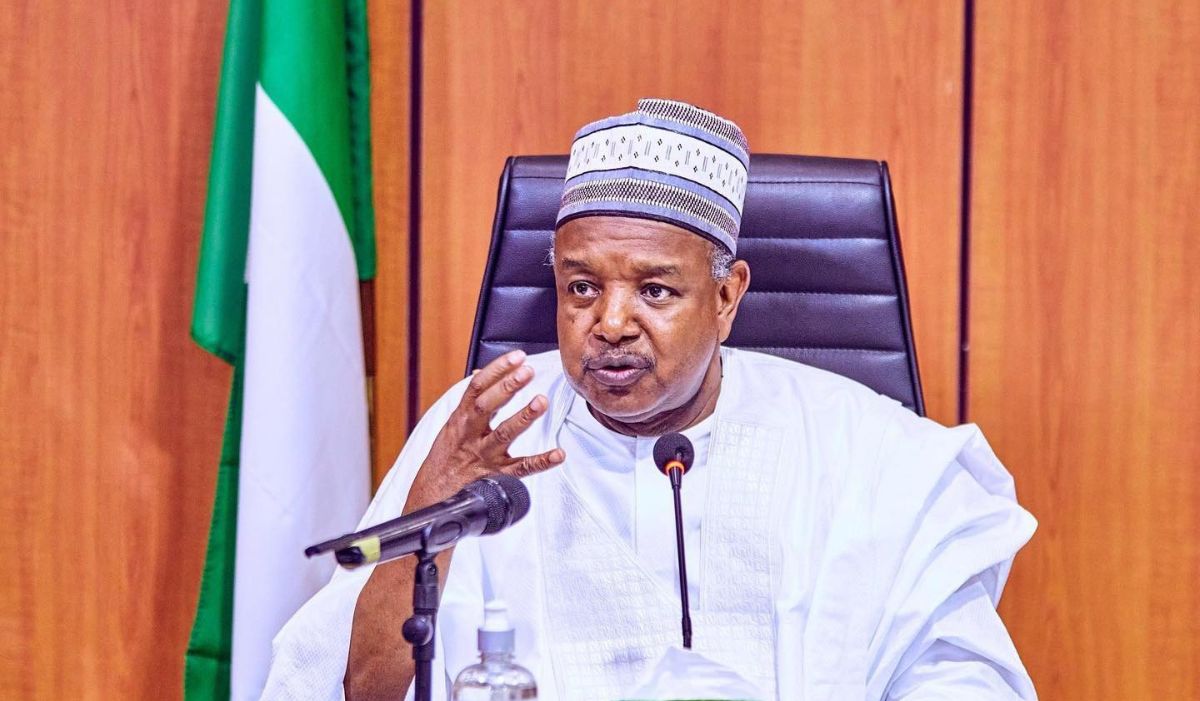Atiku Bagudu, the Minister of Budget and National Planning, emphasized yesterday that the hurdles confronting agriculture extend beyond security issues to encompass the soaring costs of fuel.
During a session with the Senate Committees on Finance, Appropriation, Banking, Insurance, and other Financial Institutions, Bagudu cautioned that in five districts, approximately 70 percent of their designated agricultural land might remain uncultivated due to the prohibitive cost of fuel.
He stated, “From our standpoint, particularly within Budget and Planning, there are currently areas in about 18 states across the nation where rice cultivation for dry season farming remains feasible, including the constituency of the Chairman of the National Planning Commission. However, in five local governments, if precautions are not taken, a significant portion of arable land may go unused, not due to security concerns, but due to the expense of fuel.”
Bagudu also noted similar challenges in Senator Adamu Aliero’s constituency and a few other regions.
The former governor of Kebbi State stressed the urgency of implementing reforms and necessary measures to achieve tangible impact and benefits.
His counterpart in Agriculture and Food Security, Abubakar Kiyari, highlighted the challenges posed to food security and affordability.
Kiyari attributed the primary challenges to the impact of COVID-19 on agriculture and all sectors, as well as the adverse effects of flooding in 2021 and currency redesigns in 2022 and 2023, which negatively impacted harvests.
He explained, “In early 2023, as farmers were gearing up for planting, they faced financial constraints. Access to capital for farmers is crucial, coupled with a government that did not plan for wet season cultivation in 2023. This lack of planning had repercussions on harvest levels.”
“We’ve had two programs: the wheat program, which had a significant impact in Jigawa and 14 other states, and the upcoming second phase of rice program, which is currently facing challenges in terms of fuel and input costs. Despite government subsidies of up to 50 percent on inputs, many farmers still struggled to meet their portion,” he added.
Kiyari emphasized the importance of bridging the gap to ensure the success of agricultural initiatives without being perceived as mere handouts.


